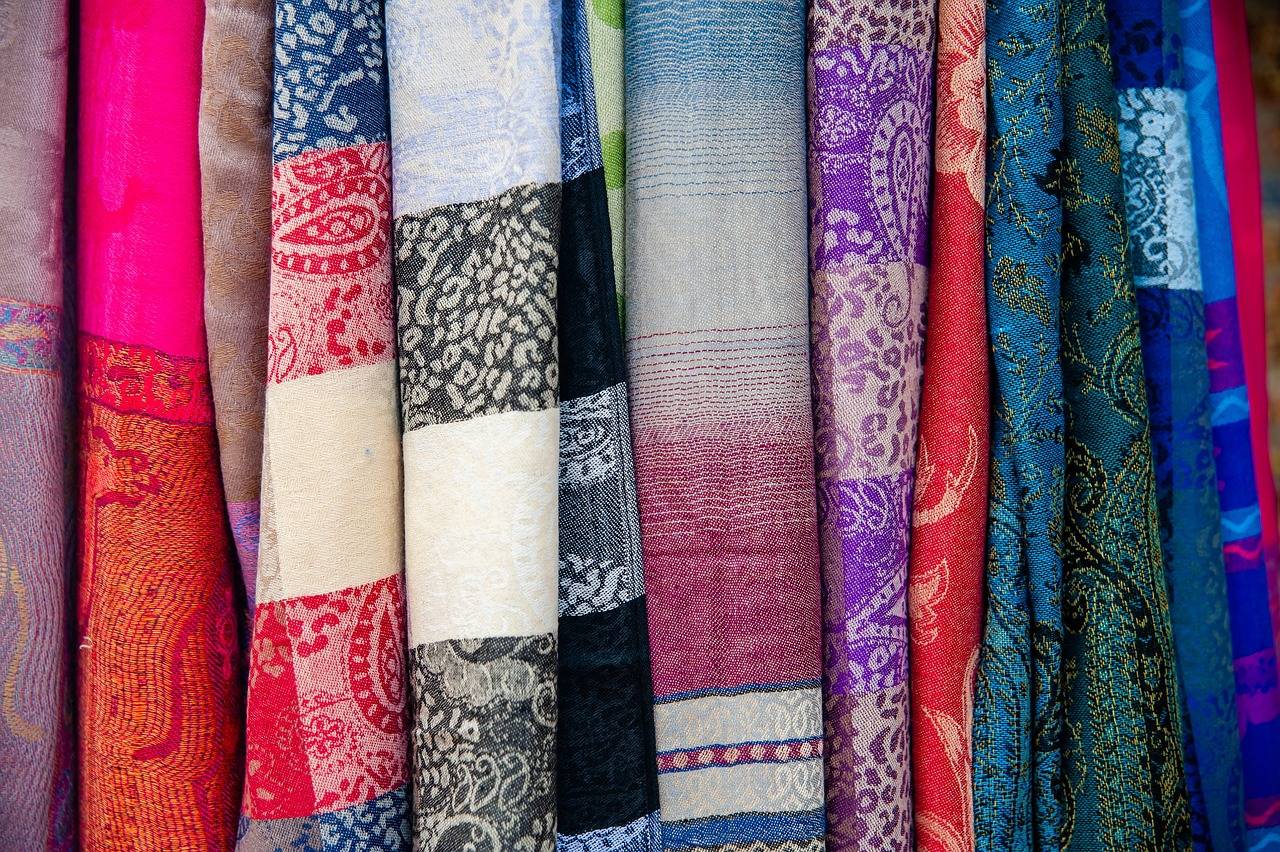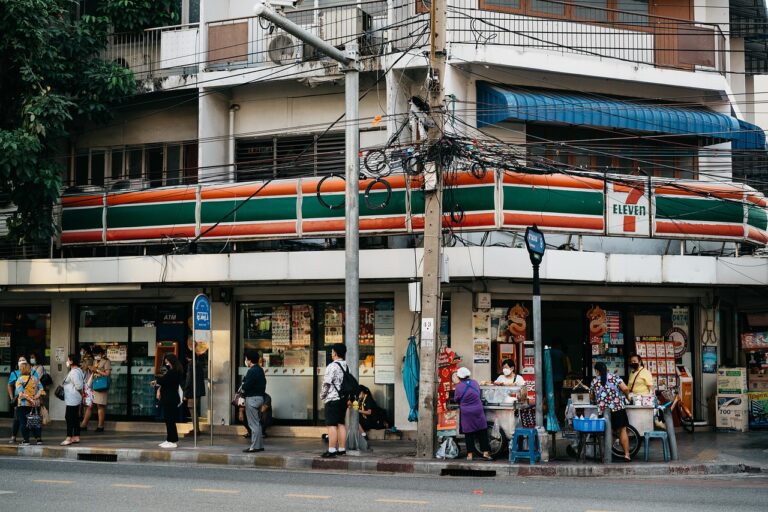Green Retailing: Strategies for Eco-Friendly Packaging and Shipping
Sustainable packaging is becoming an increasingly important aspect of product design and development. Companies are now recognizing the need to reduce waste and minimize environmental impact by opting for eco-friendly packaging solutions. One key consideration in sustainable packaging is the choice of materials used. Opting for recyclable, biodegradable, or compostable materials can significantly reduce the environmental footprint of packaging.
In addition to materials, the design and functionality of packaging play a crucial role in its sustainability. Minimizing excess packaging, using lightweight materials, and ensuring ease of recycling are all important factors to consider. Additionally, incorporating innovative designs that use less material while still providing adequate protection for the product can further enhance the sustainability of packaging solutions.
The Impact of Packaging Materials on the Environment
Packaging materials play a crucial role in the environmental impact of products throughout their lifecycle. The choice of materials, production processes, transportation, usage, and disposal all contribute to the overall sustainability of packaging. It is essential for companies to consider the environmental consequences of selecting specific materials such as plastics, paper, glass, or metals for their packaging solutions.
Plastics, for instance, are a commonly used packaging material that presents significant challenges due to their non-biodegradable nature. Improper disposal of plastic packaging contributes to pollution, particularly in oceans and waterways. On the other hand, materials like paper and cardboard offer more sustainable alternatives as they are renewable resources and can be easily recycled. Selecting the appropriate packaging materials is key to reducing the environmental impact and promoting a more sustainable approach to packaging practices.
Innovative Alternatives to Traditional Packaging
One of the most promising alternatives to traditional packaging is biodegradable materials. These materials can naturally decompose over time, reducing the environmental impact of packaging waste. From biodegradable plastics made from plant-based sources to compostable packaging made from materials like cornstarch, these options offer a sustainable alternative to traditional plastic packaging.
Another innovative alternative gaining popularity is edible packaging. This revolutionary approach not only eliminates waste but also offers a unique solution to single-use packaging. Edible packaging materials are often made from seaweed, rice, or other food-grade ingredients, providing a safe and eco-friendly way to package food products.





